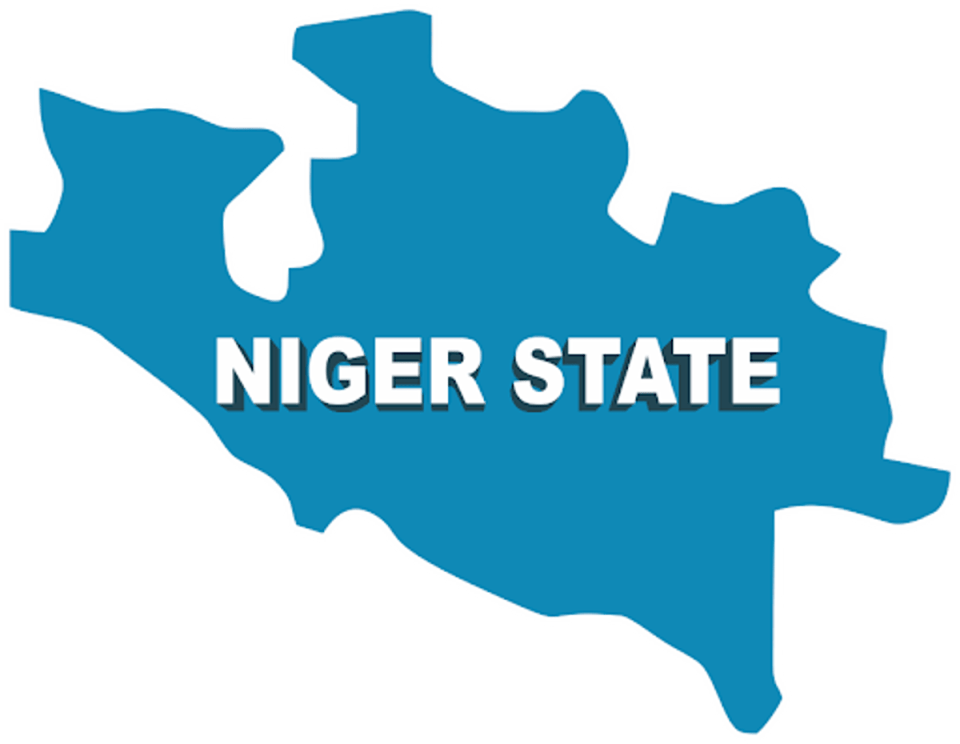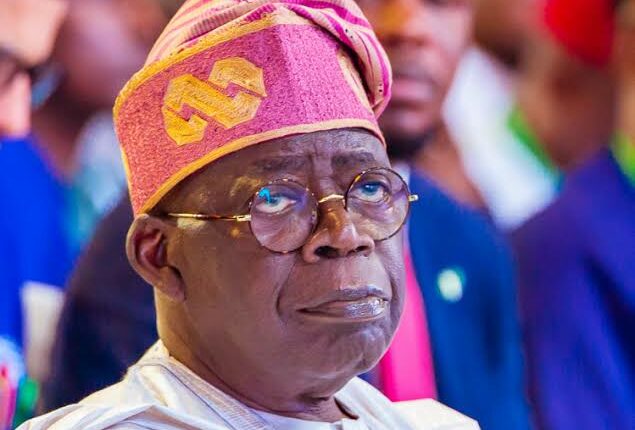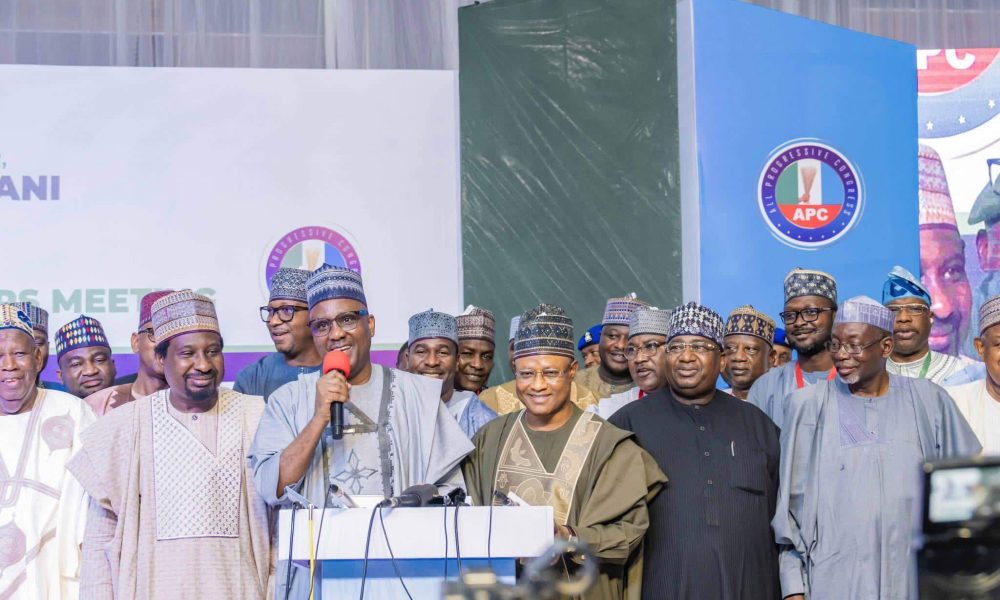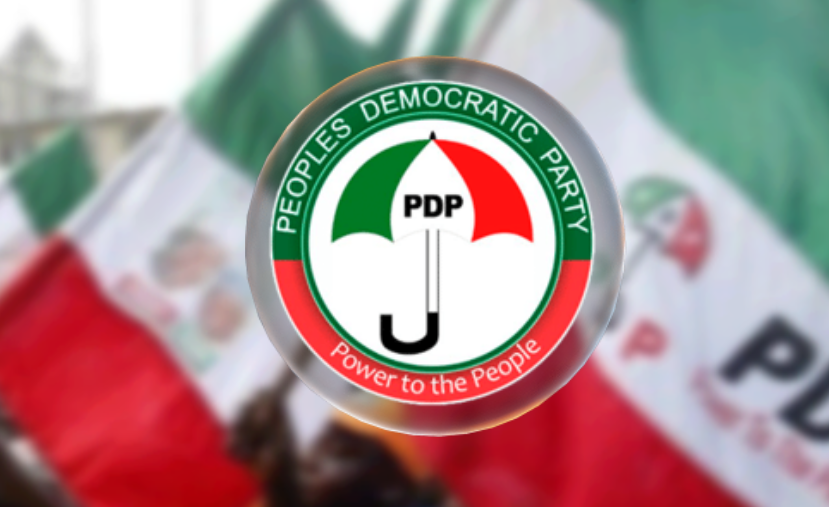LG poll: Deaf APC members lament exclusion
Members of the All Progressives Congress Deaf Support Group in Lagos State have lamented continued exclusion from activities of the party, particularly in the recently concluded primaries of the party ahead of the July 12, 2025 local government elections.
The APC in Lagos held its primaries at its secretariat on May 10 to produce chairmanship and councillorship candidates for the 57 local councils in the state.
At a press conference held in the Ogba area of Lagos last week, the chairman of the group, Onifade Fatai, said the marginalisation of deaf persons in politics and governance was a recurring issue that must be addressed.
“We make bold to say that the deaf are not being carried along in the scheme of things, despite all the talk about inclusive participation of persons with disabilities in politics and governance,” Fatai said.
He lamented that in practice, deaf individuals were being sidelined, while people with other forms of disabilities were often prioritised for appointments and participation.
“In actual practice, the deaf are being left behind, while our brothers and sisters in the other disability clusters get the nod whenever opportunities arise to include persons with disabilities in governance and policy formulation,” he said.
Fatai noted that one of the excuses often cited for excluding deaf persons from political roles was their reliance on sign language interpreters.
“One of the reasons given for not appointing deaf persons is the claim that we depend extensively on sign language interpreters, which supposedly allows third parties to know all our plans and actions. This is very unfortunate,” he said.
Highlighting the role of technology in modern communication, Fatai questioned the rationale behind such reasoning.
He explained, “In this digital age, it is perplexing that some people remain unaware of how technology can bridge communication gaps with the deaf.
“We have educated deaf individuals who use smartphones and platforms like WhatsApp, Facebook Messenger, X (formerly Twitter), email, and SMS effectively.”
He added that virtual platforms such as Zoom and Google Meet also allow for seamless communication, while many deaf persons are content creators and writers.
Fatai added, “We only require interpreters when engaging with the hearing community. This is why we are advocating more people to learn sign language. Direct communication with deaf persons is possible if people make the effort.”
Citing global practices, Fatai argued that true inclusion in governance should reflect in appointments and policymaking.
He called on political parties to create room for greater participation of persons with disabilities, not just as voters or volunteers but as candidates and decision-makers.










